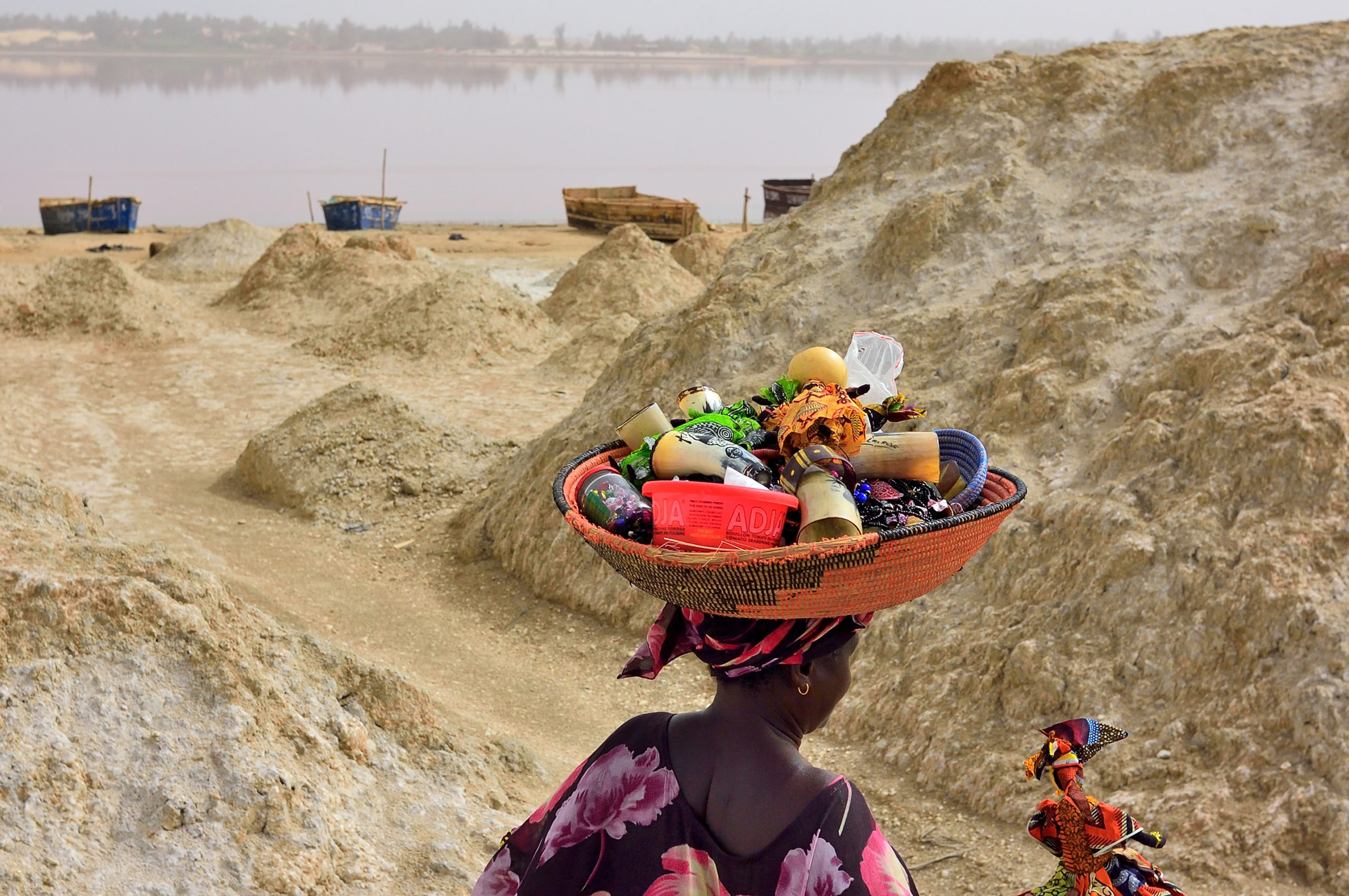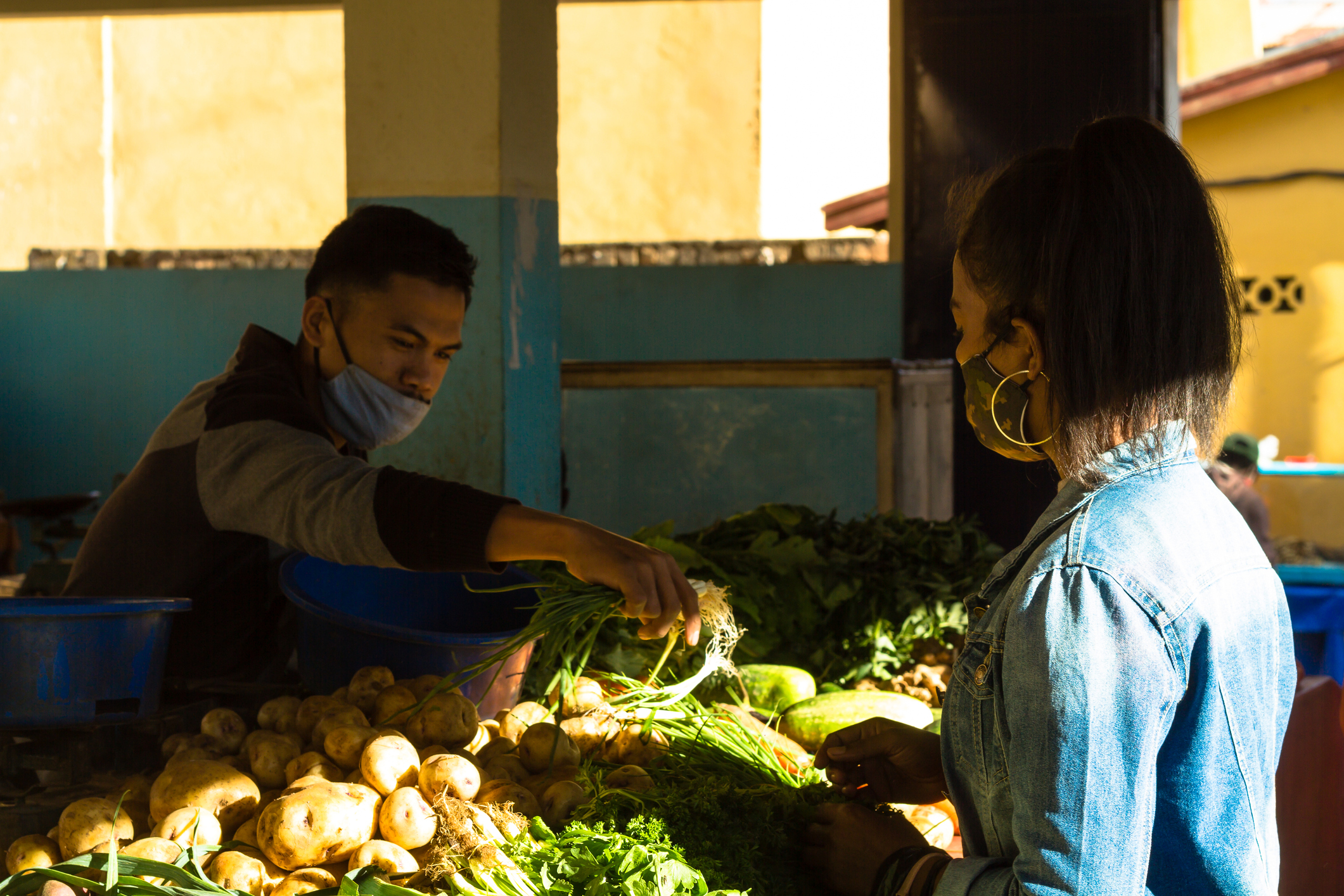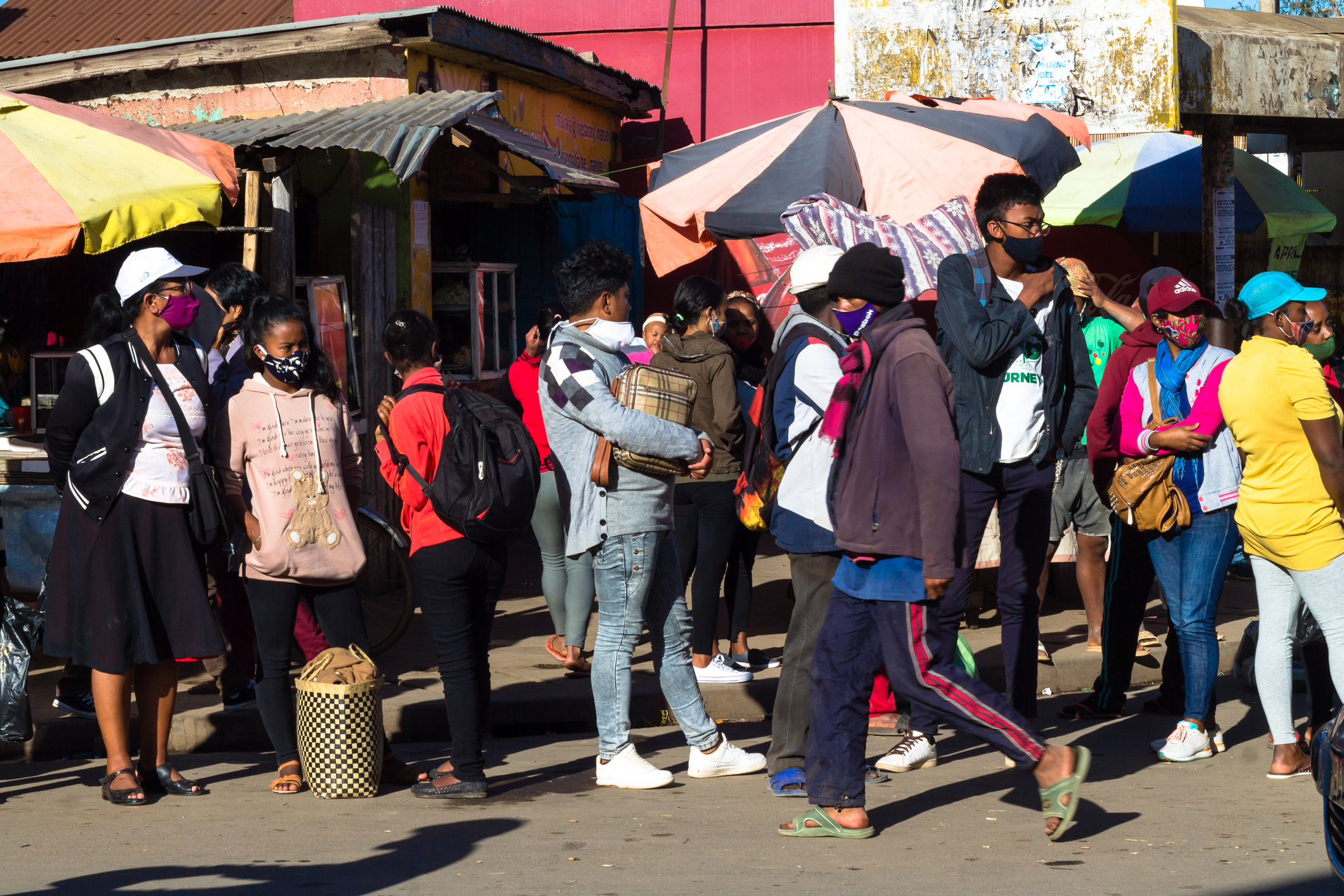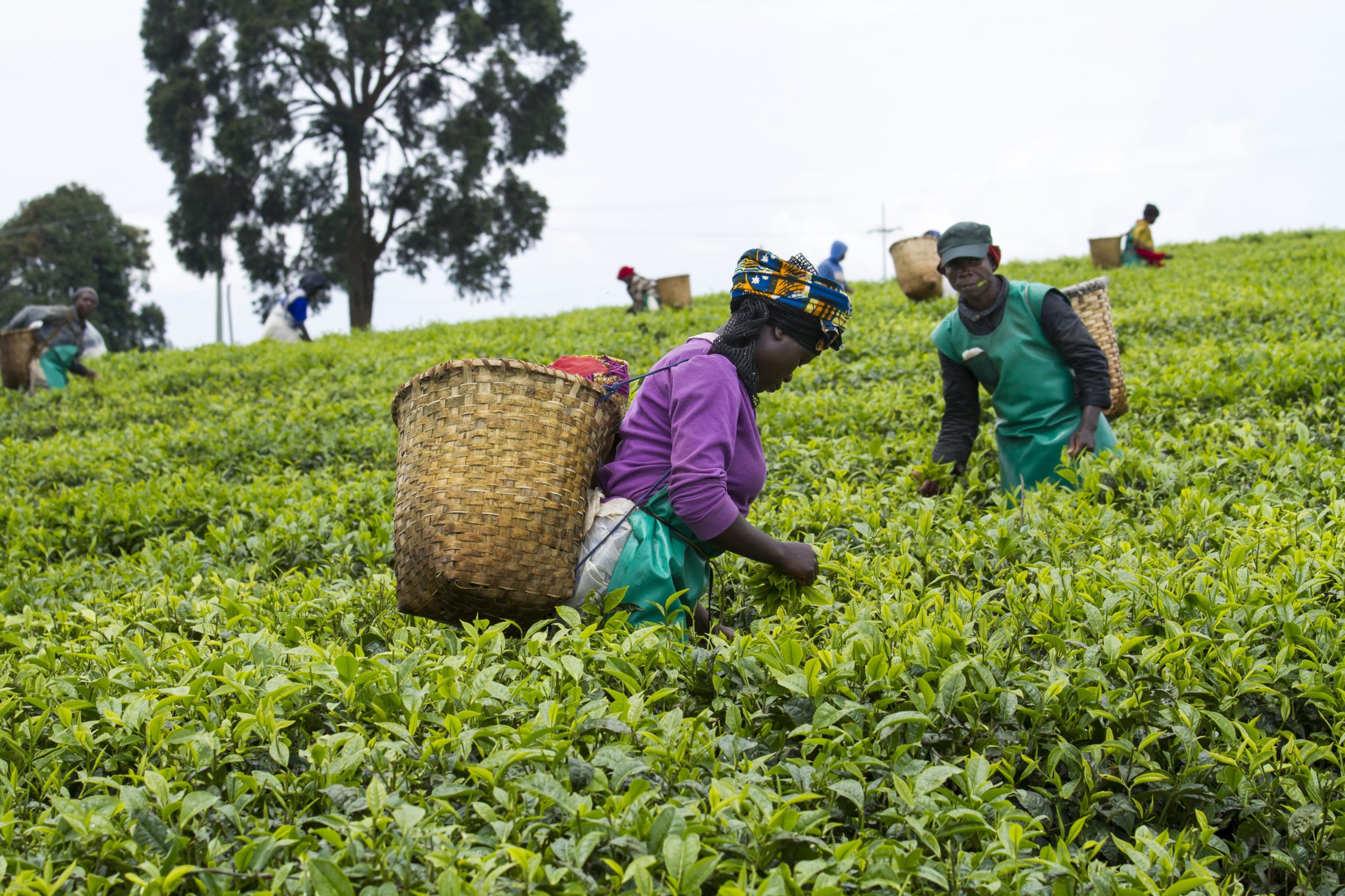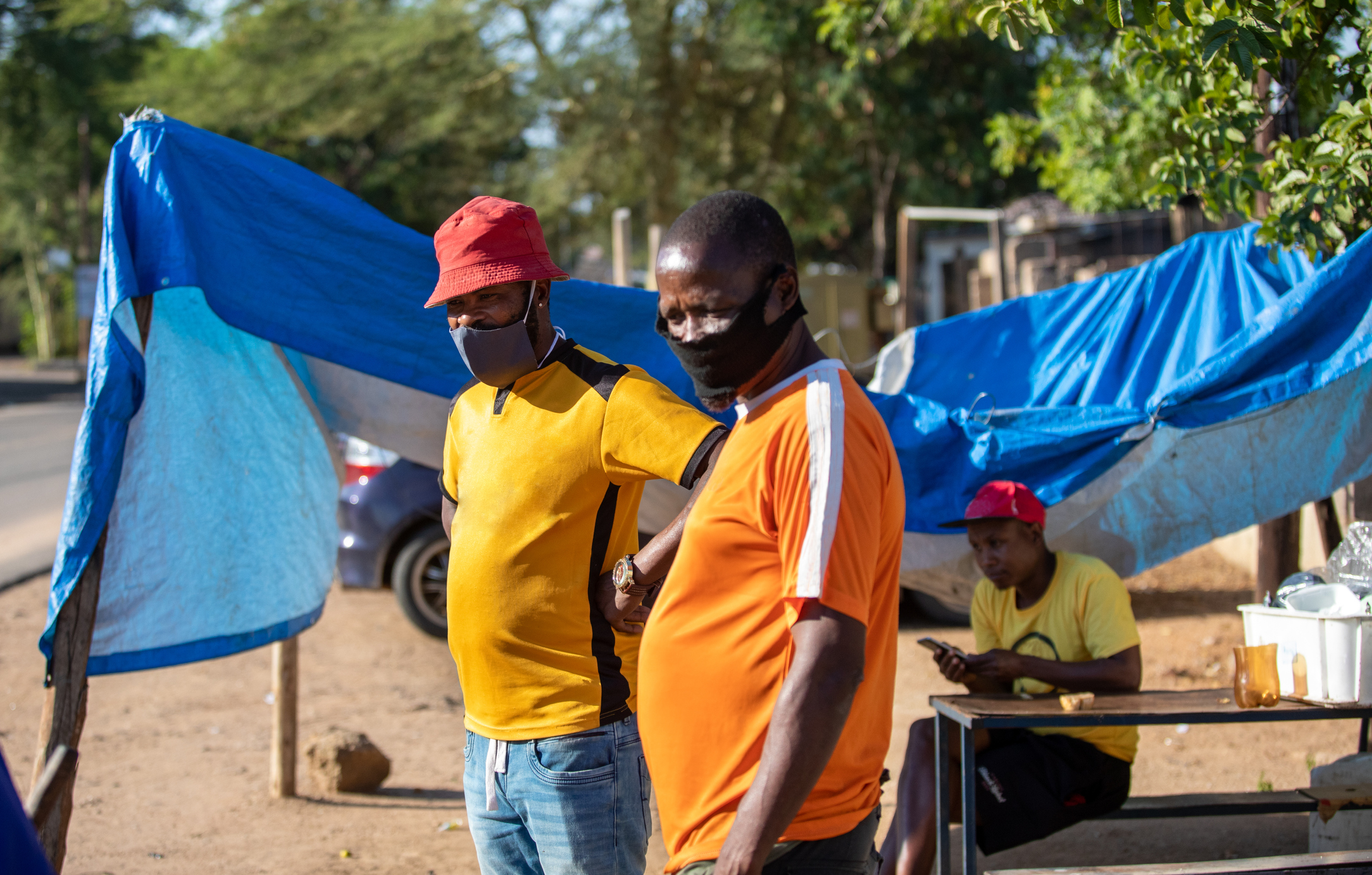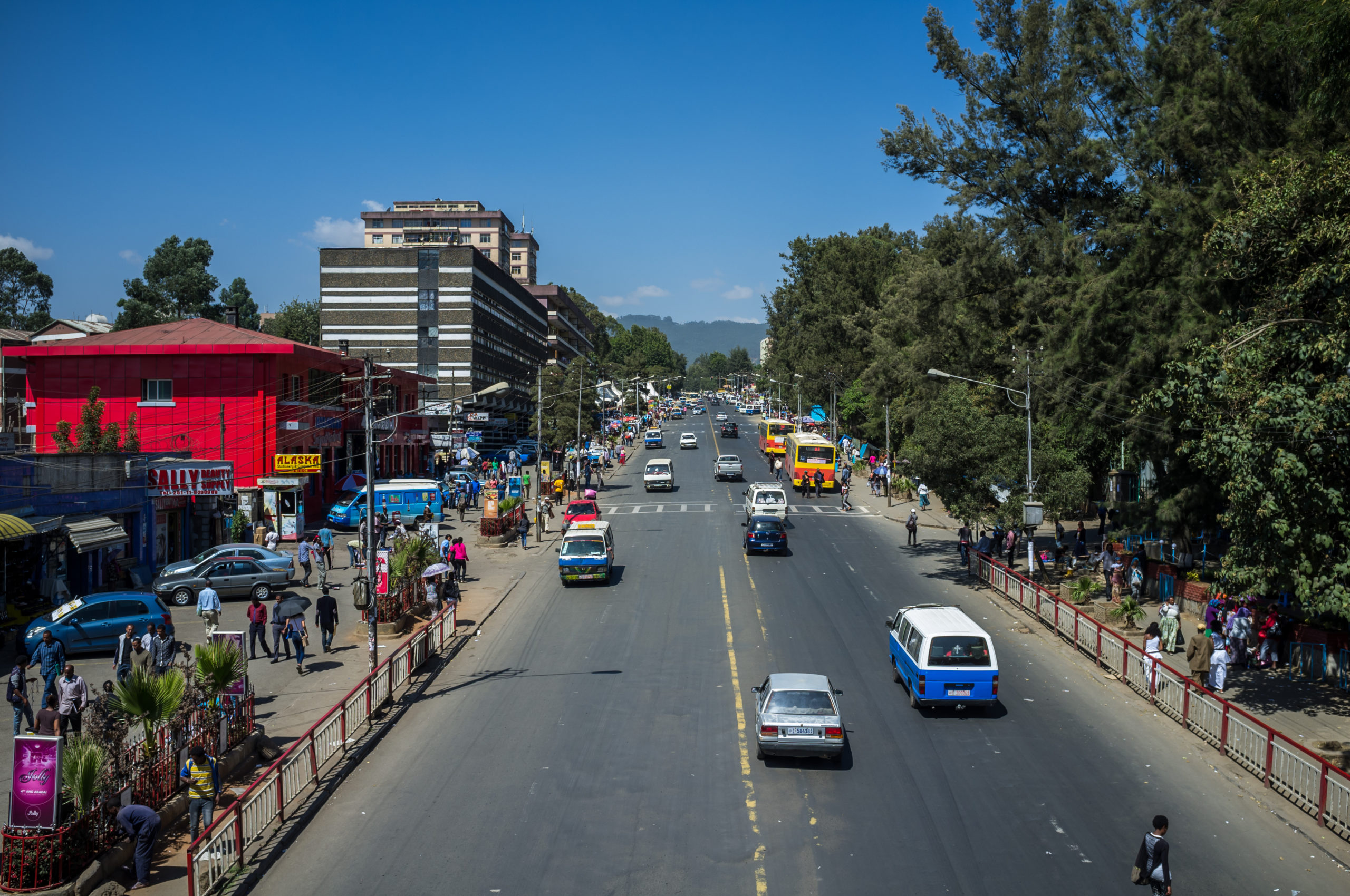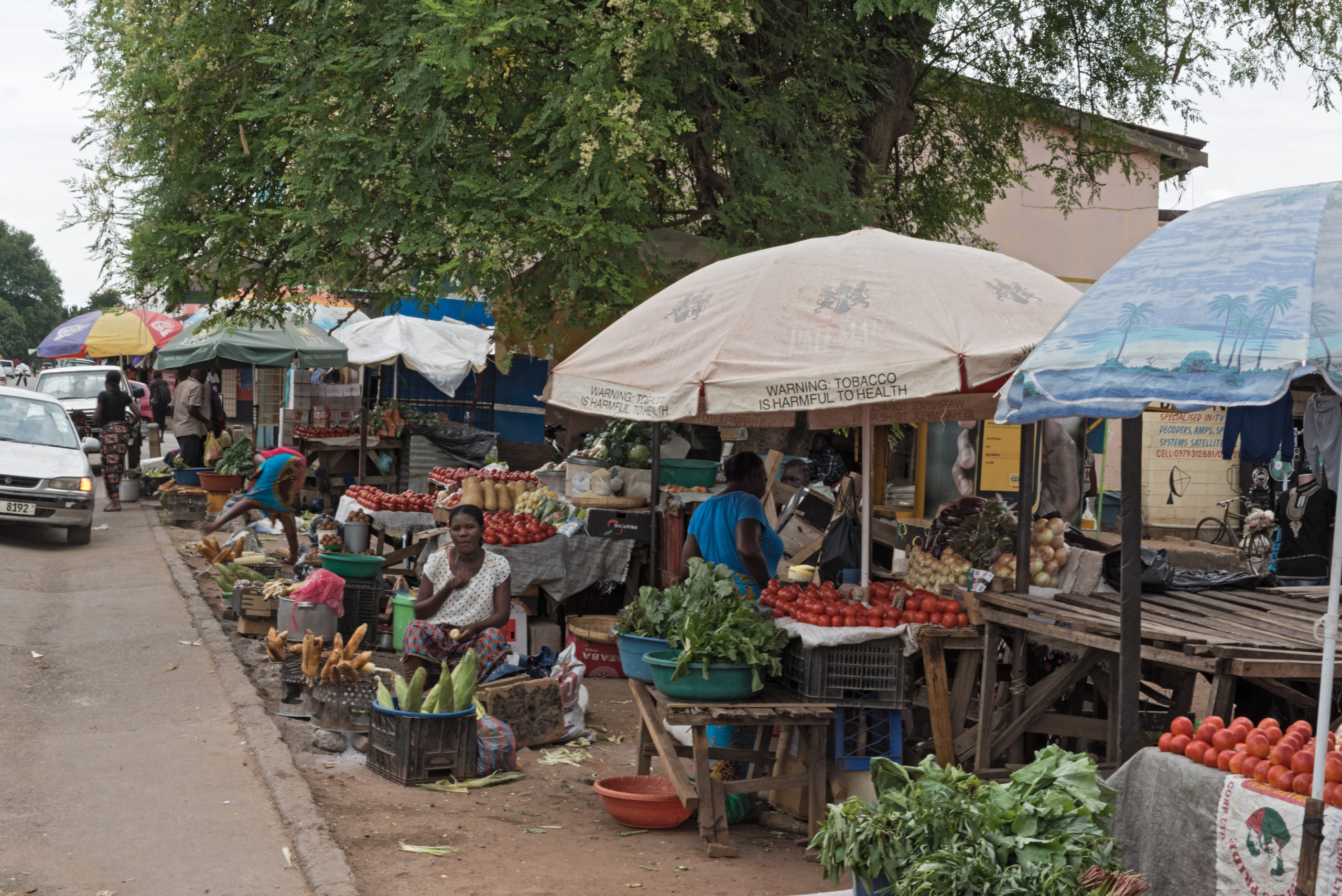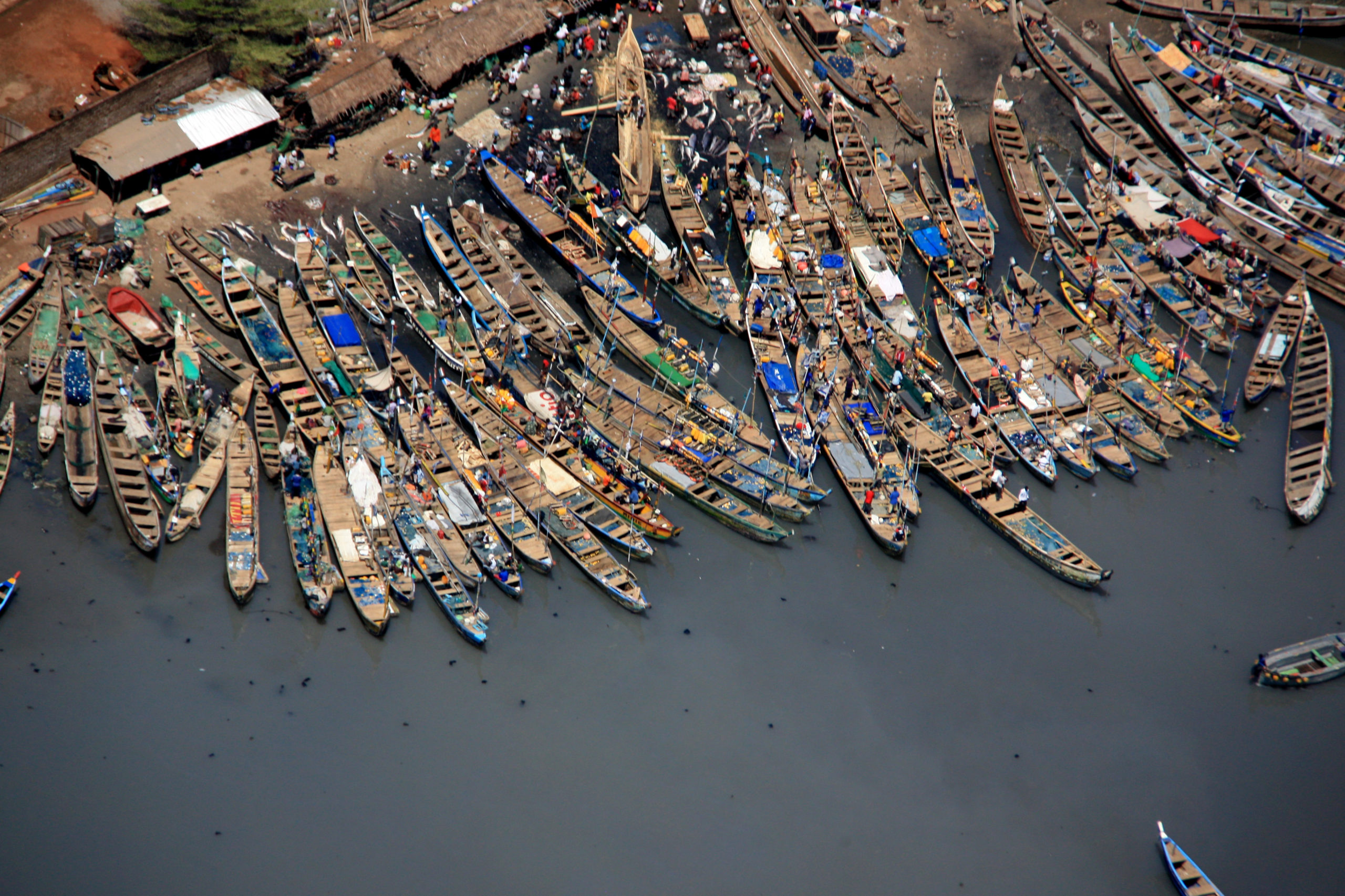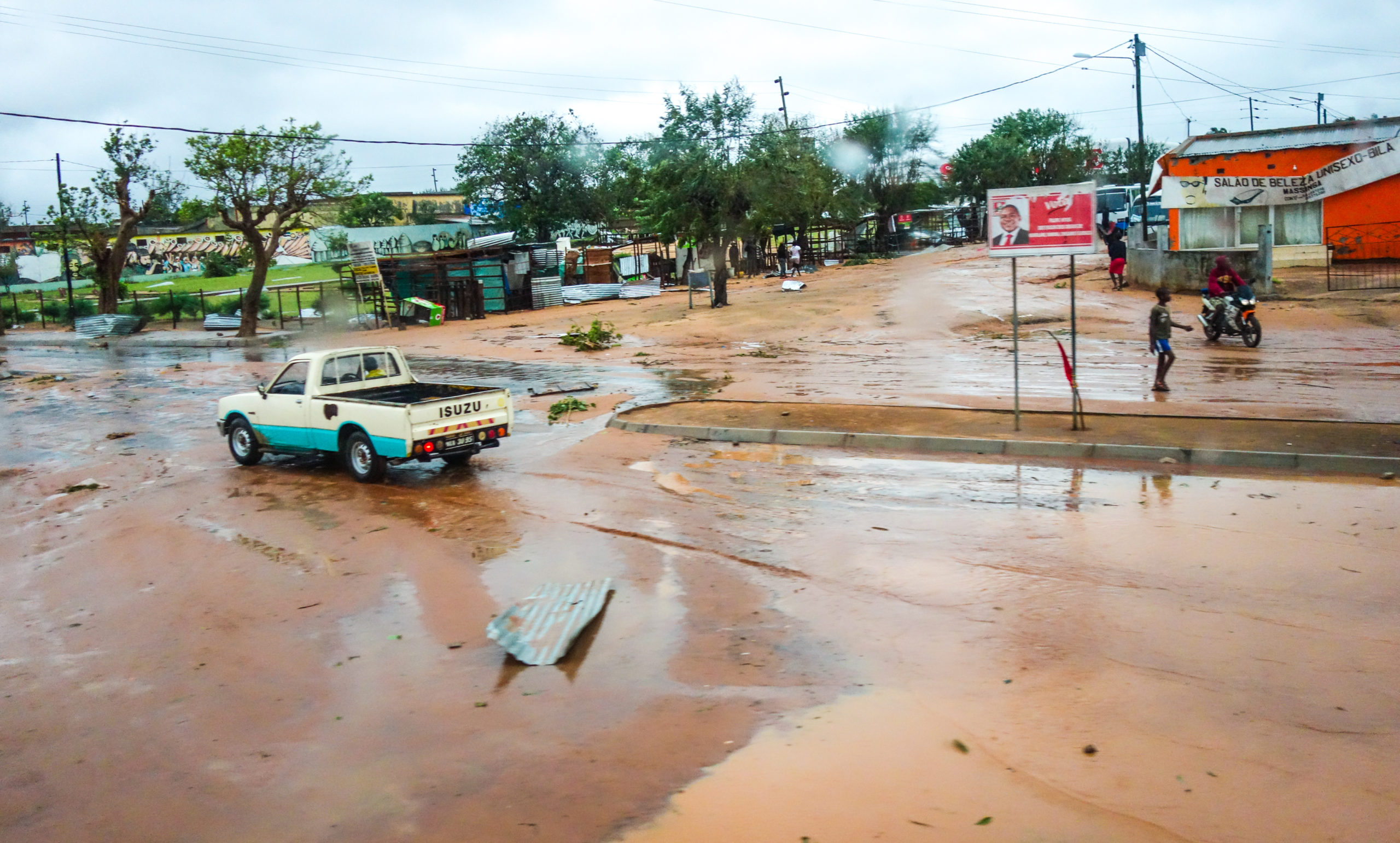
Climate risk data and modelling for Africa
The rise in climate-related hazards and catastrophic weather increases economic risks for low-income and middle-income countries. While insurance allows for faster recovery from disasters and increases resilience to future disasters, low-income and middle-income countries have large insurance protection gaps. The Insurance Development Forum estimates that USD160 billion of assets are
